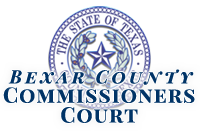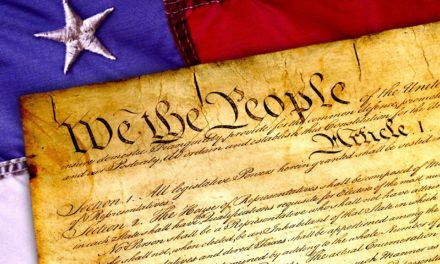Willie Velasquez, a prominent figure in American civil rights history, dedicated his life to fighting for voting rights and political empowerment for the Latino community. Born on May 9, 1944, in Orlando, Florida, Velasquez became a pivotal figure in the struggle for equal representation and social justice.
Velasquez’s journey towards activism began in the late 1960s when he witnessed the disparities and injustices faced by the Latino community. He saw how Mexican Americans were denied basic infrastructure like paved roads, drainage systems, and curbs in their neighborhoods. This blatant neglect was a reflection of the systemic discrimination and bigotry that plagued society at the time.
The disparities continued during World War II, where Mexican Americans were often relegated to lower-ranking military positions and faced discrimination within the armed forces. The unequal treatment of Mexican Americans in the military and society at large highlighted the deep-rooted prejudice and barriers they faced.
In education, Mexican American students often received hand-me-down resources and facilities from predominantly white schools. Schools like Edgewood were given outdated materials and facilities that were no longer deemed suitable for white students. This disparity in resources and opportunities perpetuated a cycle of inequality and limited the educational prospects for Mexican American students.
Furthermore, the issue of racial segregation was prevalent in many schools, including Lincoln Elementary, where African American students were concentrated. This segregation further marginalized minority communities and limited their access to quality education.
The discriminatory practices extended to the political realm as well. White individuals often had more access to political power and resources, while minority communities faced obstacles such as restricted poll taxes. These poll taxes were designed to disenfranchise minority voters, making it difficult for them to exercise their right to vote. Discrimination and bigotry played a significant role in preserving the power dynamics of the time.
Velasquez recognized the need for change and took action to address these injustices. He understood that education and awareness were crucial in empowering marginalized communities. Through organizations like the Southwest Voter Registration Education Project (SVREP), Velasquez worked to educate and mobilize Latino voters, encouraging them to register and participate in the democratic process.
One of Velasquez’s key accomplishments was his advocacy for single-member district elections. He believed that the at-large election systems in many cities diluted the voting power of minority communities. By advocating for district-based elections, Velasquez sought to ensure fair representation and give a voice to marginalized communities.
Velasquez faced numerous challenges in his activism. The media in the 1960s was often biased and labeled individuals fighting for civil rights as communists, further marginalizing their efforts. However, Velasquez persevered, and in 1974, he successfully challenged the at-large election systems with the support of SVREP and its allies.
The transition to single-member district elections was not without its obstacles. Money and resources were often concentrated in the hands of established political interests, making it difficult for grassroots organizations like SVREP to compete. However, Velasquez’s determination and the support of his allies allowed them to overcome these barriers and bring about positive change.
Velasquez’s efforts were not limited to his local community. He recognized that the struggles faced by the Latino community were shared by many impoverished communities across the country. He believed that the Constitution was for everyone and that poverty knows no color. Velasquez’s work empowered poor communities nationwide, leaving a lasting impact on social justice and equal representation.
His legacy as a champion for voting rights and political empowerment earned him the title of “Latino of the Century” alongside other influential figures such as Cesar Chavez, Dolores Huerta, Mario Obledo, and Joaquin Avila. This recognition, based on a national survey, highlights the incredible impact Velasquez had on the Latino community and the broader civil rights movement.
Velasquez understood that immigration was not a threat but an opportunity for all ethnicities to thrive. He believed that removing restraints and allowing communities to govern themselves would lead to a more inclusive and transformative society. Assimilation was not the goal; instead, it was about embracing and celebrating the unique contributions of diverse communities.
Willie Velasquez’s commitment to voting rights and political empowerment serves as an inspiration to us all. His unwavering dedication to equality and justice continues to resonate, reminding us of the importance of active civic participation and the power of one individual to effect meaningful change. The impact of his work will continue to shape the political landscape for generations to come, ensuring that the voices of marginalized communities are heard and represented.- “Su Voto Es Su Voz”









